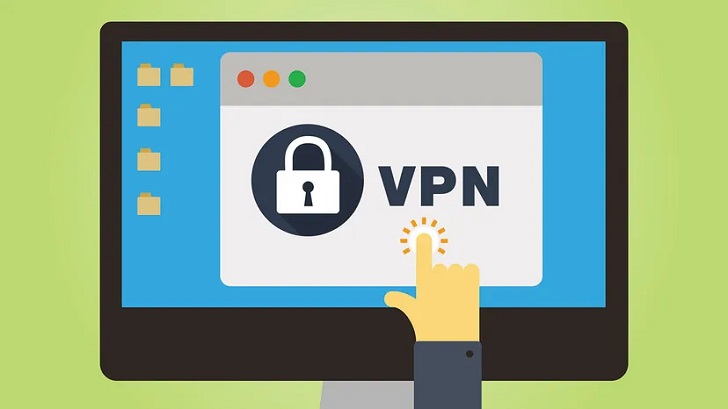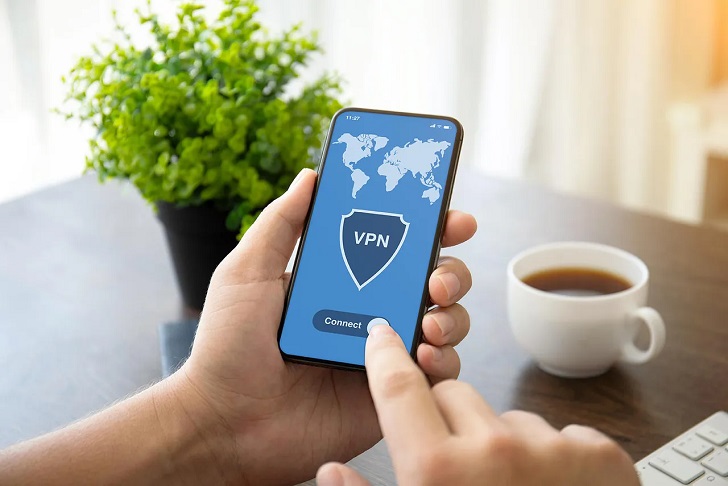Virtual Private Networks (VPNs) have become increasingly popular in recent years. With the rise of internet censorship, data breaches, and concerns over online privacy, many individuals and businesses are turning to VPNs as a solution.
What is a VPN?
A VPN is a tool that encrypts internet traffic and routes it through a remote server. This creates a secure and private connection between the user’s device and the internet, masking their IP address and location. This means that online activities become anonymous, and users can access content that may be restricted in their location.
The Benefits of Using a VPN

CHOKKICX/ GETTY IMAGES | 1 out of 4 people in the world use VPN servers
Increased Privacy and Security
One of the primary reasons for the growing popularity of VPNs is the increased privacy and security they offer. By encrypting internet traffic, VPNs protect users from cyber threats, such as hackers, malware, and phishing attacks. They also prevent internet service providers (ISPs) from tracking user activity and collecting data.
Access to Geo-restricted Content
VPNs allow users to access content that may be restricted in their location. For example, a user in a country that blocks access to a particular website or service can use a VPN to access it. This is particularly useful for individuals who travel frequently and want to access content from their home country.
Improved Performance and Speed
VPNs can also improve internet performance and speed. By routing internet traffic through a remote server, users can avoid internet congestion and achieve faster download and upload speeds. This is particularly beneficial for individuals who work remotely or require fast internet speeds for streaming or gaming.
Factors to Consider When Choosing a VPN

Lukas Ramonas/ Nord | Out of 196 countries, 30 have banned VPNs
Security Features
When choosing a VPN, it’s essential to consider its security features. Look for a VPN with robust encryption, a strict no-logging policy, and additional security features, such as a kill switch and malware protection.
Server Locations
The number and location of a VPN’s servers can impact its performance and functionality. Look for a VPN with many servers located in different countries, as this will provide greater flexibility and access to content.
Price and Payment Options
The price of a VPN can vary significantly, so it’s important to consider your budget when choosing one. Some VPNs offer free versions, while others require a monthly or annual subscription fee. It’s also important to consider payment options, as some VPNs may only accept certain payment methods.
Customer Support
Good customer support is essential when choosing a VPN. Look for a VPN with 24/7 customer support, a comprehensive knowledge base, and responsive support staff.

David Gewirtz/ Shutterstock | UrbanVPN is the biggest global network for anonymous web users
The Future of VPNs
As online privacy concerns continue to rise, the demand for VPNs will likely increase. In recent years, many governments have imposed restrictions on internet access, and data breaches have become more frequent. As a result, individuals and businesses are becoming more aware of the need for online privacy and security.
VPNs offer a solution to these concerns, and as technology continues to evolve, they are likely to become even more sophisticated and accessible.








